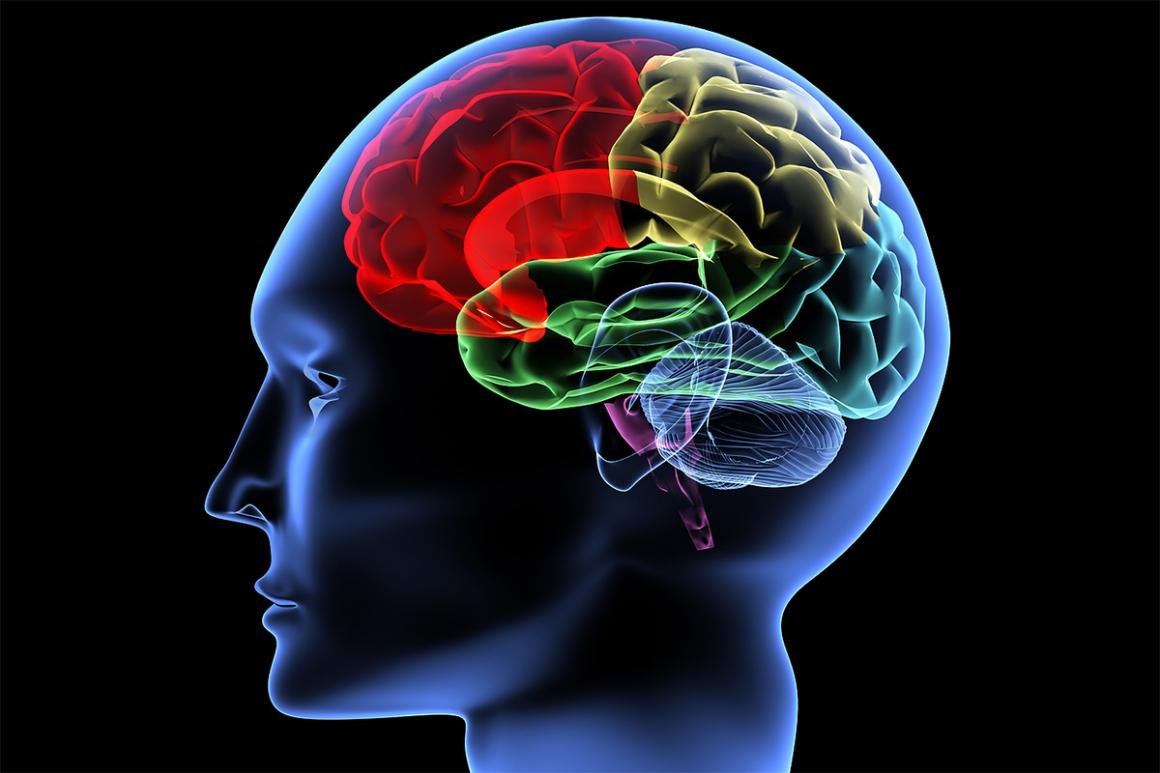Have you ever thought consciously, why you choose the same brand of milk every week of shopping, even though there are less expensive options available? Or why you immediately believed somebody because they went to the same college as you? These are just a few instances of cognitive biases, mental shortcuts that can muster our decisions and influence our rationality.
After completing this blog post, you will equip with the skilled knowledge to identify these biases or partialities and make more informed or insightful choices in all facets of life. Driving better version of yourself, helping you to achieve self-satisfaction.
What are Cognitive Biases?
Precisely, cognitive biases are ingrained skilled structures of thought that can derive to inaccuracies in reasoning and rationality. These biases are frequently unconscious, and they are interlinked with our brain’s desire to conserve mental power and make instant judgmental decisions.
Feeling Overwhelmed? Moula Ali’s Secret Weapon for Emotional Mastery
Examples of Common Biases:
-
Affirmative Bias: We mostly align with the information that is assertive with our existing concepts or beliefs and avoid evidence that opposes them. All these thoughts function at the back door of our subconscious or unconscious mindset.
- Example: Only reading news articles that align with your political thoughts.
-
Anchoring Bias: We mostly consider heavily on the initial piece of data that we encounter when making a decision. It is said that never judge a book by its cover. One must try to evaluate the information then consider making some decision.
- Example: Assumption of an expensive product automatically better quality than a cheaper item.
-
Availability Bias: We conclude the likelihood of events based on how simply we can remember instances of them.
- Example: Overemphasizing the danger of plane crashes because they are more broadly stated than car accidents.
-
The Sunk Cost Fallacy: We grasp to a decision or course of action because we’ve already funded time, money, or effort, even if the result is no longer commendable.
- Example: Ongoing a relationship that isn’t functioning because you’ve been at once for a lengthy span.
How to Recognize Biases?
-
Take Break and Reflect: Take a time to evaluate your thought process before forming a decision. Things can be perplexing, give time to yourself before concluding your decision.
-
Think of Alternatives: Don’t always go with the flow by abiding by the first choice that appears to mind. Discover other alternatives. Things can be more perplexing and complex, so avoid being, hasty. Try to think out of box.
-
Seek Out Opposing Viewpoints: Reveal yourself to information that threats your existing beliefs. Before concluding anything, deeply consider thinking about opponent’s point of view. Learn more and expose yourself to more data that can enhance your credibility of ideas.
-
Beware of Emotional Manipulation: Emotional manipulation can hijack our logic and rationality. Think about the facts and figures before reacting recklessly. Opponent would always try to hang up your rationality by throwing emotional intrigues, be vigilant in such cases and scrutinize the situation logically.
Tired of Being a Doormat? Here’s the Guaranteed Way to Finally Get What You Deserve!
Why Recognize Biases?
By understanding cognitive biases, you will be skilled with following credibility:
-
Make More Informed Decisions: Evade letting mental shortcuts trouble your judgment. Your decisions would be more precise and concrete, with less chances of inaccuracies or failure.
-
Enhance Problem-Solving: Reach targets with a more stable perspective. You can approach a balanced judgment in short span of reasoning due to your credibility of problem-solving skills.
-
Become a Savvy Consumer: Recognize marketing intrigues that utilize cognitive biases. Being savvy can save your earnings which often go in waste in buying expensive and low-quality products.
-
Strengthen Relationships: Communicate and consolidate more fair decisions by acknowledging potential biases. It will certainly improve your relationships at large and ability to identify cognitive biases.
Conclusion
Remember, cognitive biases are a spontaneous part of human cognition. But by evaluating these mental shortcuts, we can make insightful alternatives and navigate the world with consolidated clarity. So, participate in this journey of self-enlightenment and empower your brain to cultivate informed that surely consider you well!
